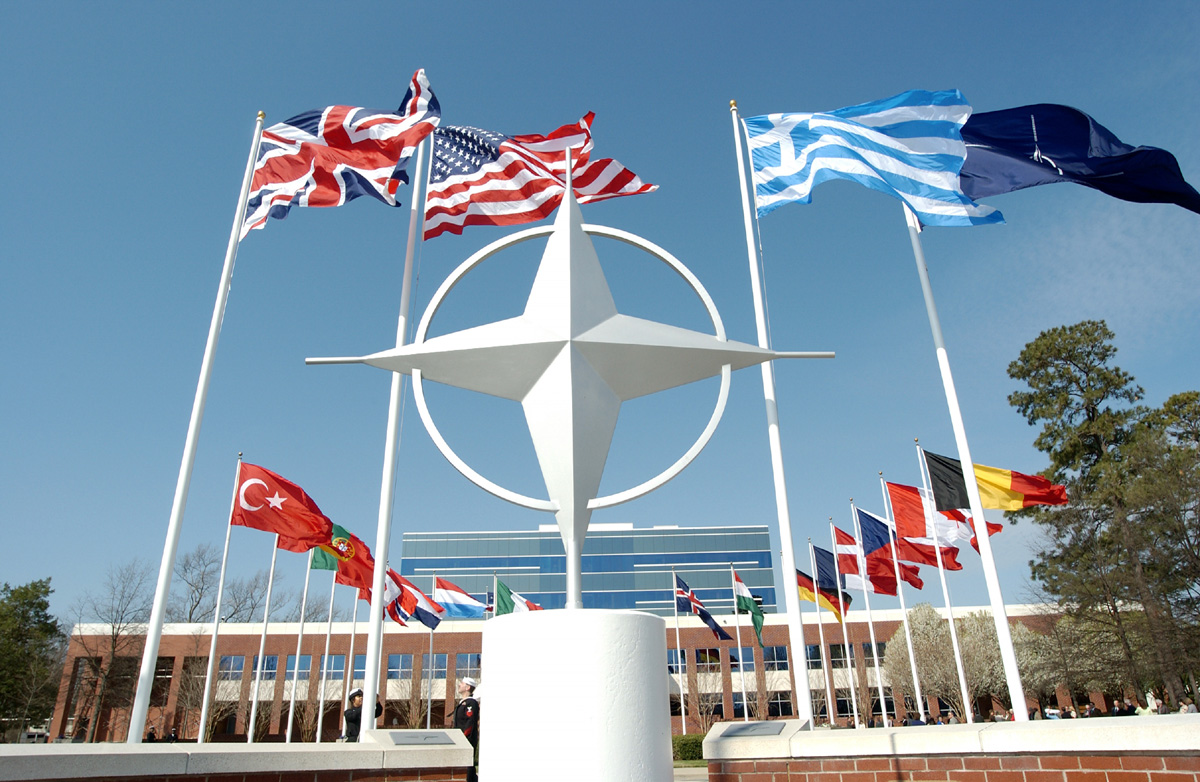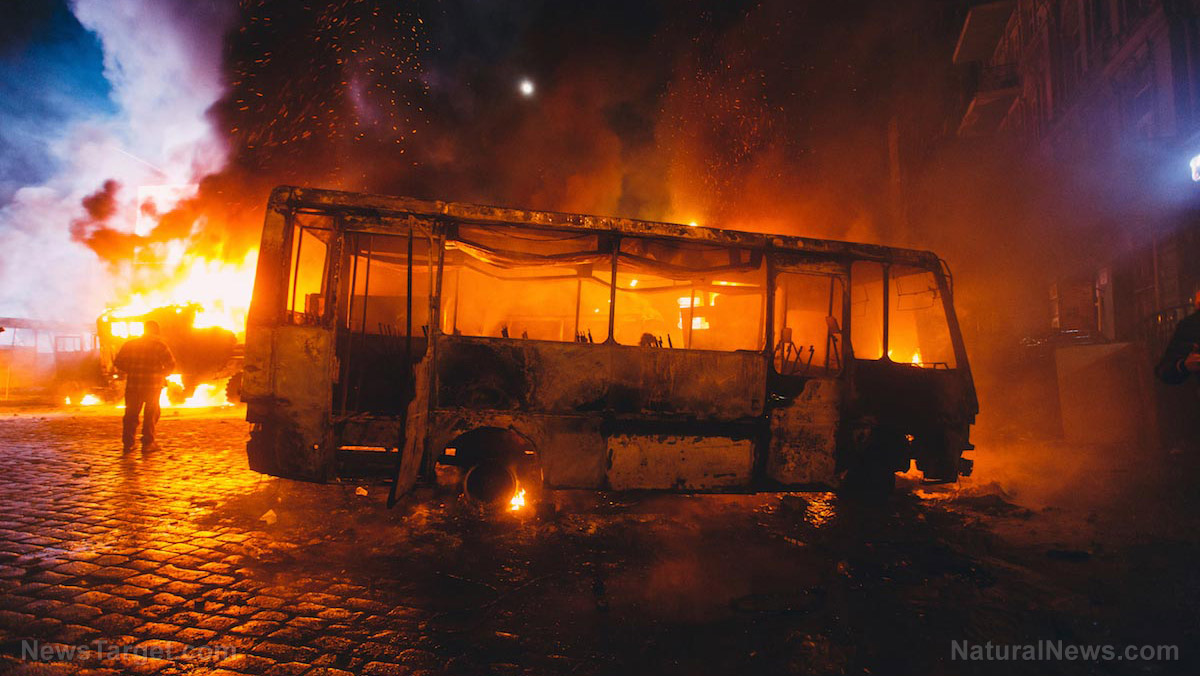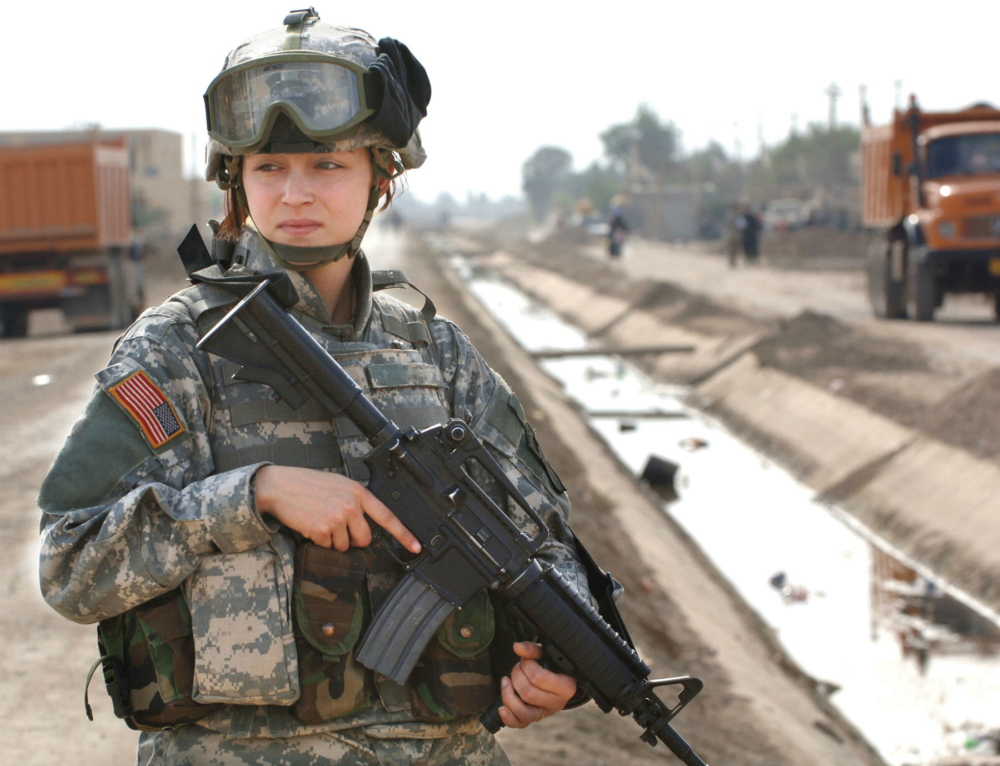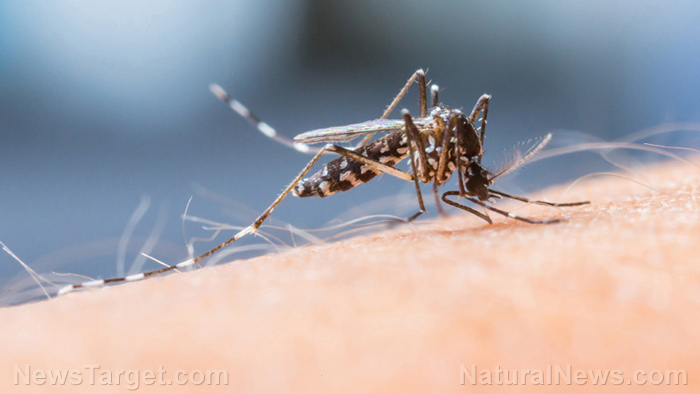
"It's hard to tell what the exact requirement will be, but I'm expecting tens of thousands to be used inside the states as this grows," said General Joseph Lengyel. He did not see a need for the troops to be federalized and was not aware of any plan to federalize them; however, just three days later, President Trump did move forward with a plan to federalize the National Guard in three states, indicating a sense of urgency by the President. Trump is “considering similar action” concerning other states.
Trump federalizes National Guard in three states to help governors
For now, National Guard troops will be deployed to New York, California, and Washington as the situation becomes dire in certain cities. At least 7,300 troops have been enlisted at this time. The Title 32 activation of National Guard troops is usually funded 75 percent by the federal government and 25 percent by the states, but Trump has ordered the federal government to pick up the entire tab as states struggle.
The troops will not be used to enforce quarantines or shelter-in-place orders issued by the governors. Instead, the troops will help guard shipments, unload food and medical supplies, and respond to societal upheaval under the directive of local law enforcement. Another 30,000 National Guard troops remain at the U.S. Central Command and the Indo-Pacific Command, but they are reserved for national security purposes.
Even though the National Guard has been federalized, the troops will remain under the control of the governors at this time. The troops could be instructed to perform various tasks, depending on what each governor wants to accomplish. General Joseph Lengyel said he has been in contact with the governors and “none of them have talked about quarantine operations.” The troops are not expected to come into direct contact with infected patients but directives could change if the severity of the crisis grows. Even though supplies are low, the troops will be outfitted with masks and protective equipment if the situation arises.
According to mathematical models, rapid exponential spread of this respiratory virus will continue, as it gains easy entry into the population’s cells and multiplies rapidly in the bodies of the malnourished and immune-compromised.
The current fallout opens the door to future abuses of power
Many around the country are concerned that abuses of power will occur if the National Guard is deployed. In 2005, after Hurricane Katrina devastated Louisiana, officers went door-to-door to forcibly relocate people and confiscate their firearms. In the future, a vaccine could be mandated. Even though it will be a false sense of security and carry its own set of health risks, the vaccine could be required in order for people to travel, work and participate in society. Just as social distancing and widespread closures have been used in theory to abate the sickness, vaccines will be viewed as the next best option to protect the weak and immune-compromised.
Even with all the closures, sanitizing, and social distancing measures, the spread of respiratory illness continues, outpacing the exponential spread of mathematical models that were once viewed as a worst-case scenario. No doubt, by the time a vaccine is fast tracked, many will beg for it and others will be pressured by their peers and forced by their governments to take it.
Sources include:
Please contact us for more information.























